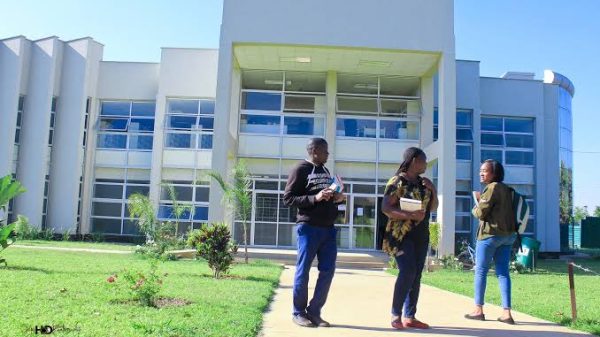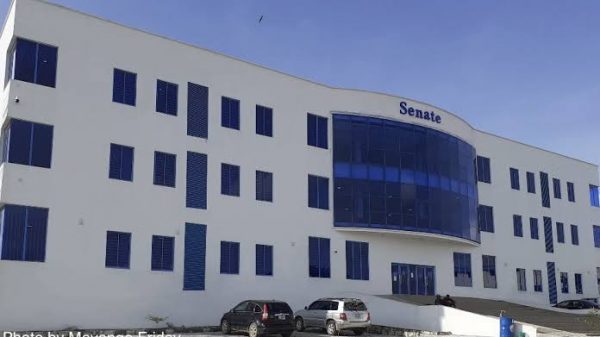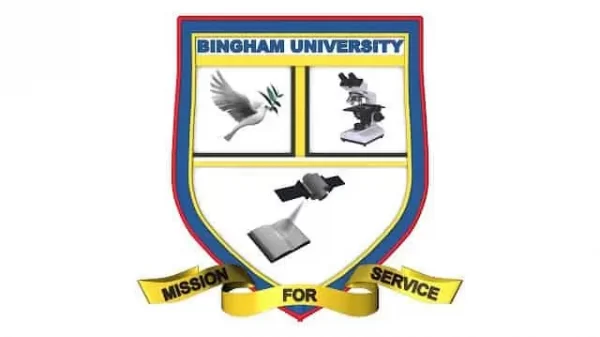Nigerian Army College of Nursing, Yaba School Fees For 2024/2025 Academic Session
Aspiring nurses in Nigeria often find themselves drawn to the esteemed Nigerian Army College of Nursing (NACON),Yaba. Its reputation for excellence in nursing education, coupled with its unique military setting, attracts students seeking a rigorous and disciplined training environment.
However, navigating the intricacies of school fees at NACON can be daunting, especially for those unfamiliar with the institution’s structure and financial policies.
This article aims to provide a comprehensive and objective overview of NACON’s school fees, demystifying the costs and equipping prospective students with the information they need to make informed decisions about their educational journey.
Understanding the Fee Structure:
NACON’s fee structure is multifaceted, encompassing various components that contribute to the overall cost of education. It’s important to understand these components to accurately assess the financial implications of attending NACON.
-
Admission Fees: The initial step involves purchasing an application form, typically costing around N7,000.Successful applicants will then face a post-UTME screening fee, which can vary depending on the program.
-
Tuition Fees: These fees cover the core academic expenses, including lectures, practical sessions, and access to educational resources. Tuition fees for the Registered Nurse (RN) program, for instance, are currently estimated to be around N550,000 per year. It’s crucial to note that tuition fees are subject to change, and it’s recommended to consult the official NACON website or contact the admissions office for the most up-to-date information.
-
Other Fees: Additional fees may apply, such as accommodation fees for students opting for on-campus housing,library fees, and laboratory fees for specific courses. These fees can vary depending on individual circumstances and program requirements.
Scholarship and Financial Aid Options:
Recognizing the potential financial burden associated with pursuing nursing education, NACON offers various scholarship and financial aid options to assist deserving students. These include:
-
Nigerian Army Scholarship: This scholarship covers the full cost of tuition for eligible candidates serving in the Nigerian Army.
-
Federal Government Scholarships: Several federal government scholarships are available for nursing students,including the Presidential Scholarship Scheme and the Post-Graduate Scholarship Scheme.
-
State Government Scholarships: Some state governments offer scholarships for nursing students residing within their jurisdiction.
-
Private Scholarships: Numerous private organizations and foundations offer scholarships specifically for nursing education.
Exploring Alternative Options:
For individuals seeking a more affordable route to nursing education, alternative options exist within Nigeria. These include:
-
Public Nursing Schools: Public nursing schools typically have lower tuition fees compared to private institutions. However, admission can be competitive, and program quality may vary.
-
Nursing Diploma Programs: Several hospitals and healthcare institutions offer diploma programs in nursing,which can be a faster and more affordable alternative to a full Bachelor’s degree.
Frequently Asked Questions:
What is the current tuition fee for the RN program at NACON?
The current estimated tuition fee for the RN program at NACON is around N550,000 per year. However, it’s crucial to confirm the latest fee information with the admissions office.
Does NACON offer scholarships for civilian students?
While the Nigerian Army Scholarship is primarily for military personnel, civilian students may be eligible for various federal or state government scholarships, as well as private scholarships offered by external organizations.
Are there any additional fees besides tuition?
Yes, additional fees such as application fees, post-UTME screening fees, accommodation fees, and laboratory fees may apply.
What are some alternative options for nursing education in Nigeria?
Public nursing schools, private nursing schools offering diploma programs, and distance learning programs are some alternative options for aspiring nurses in Nigeria.









